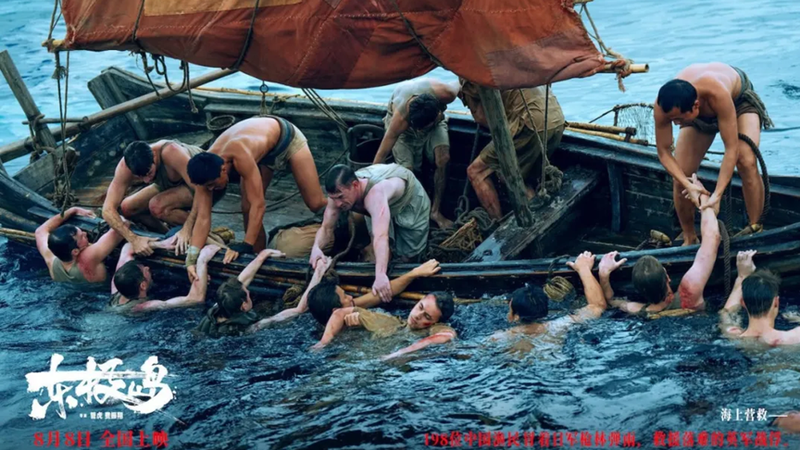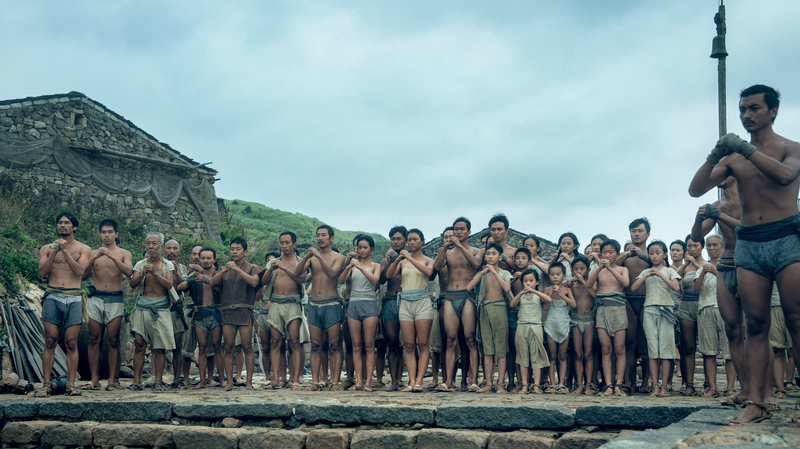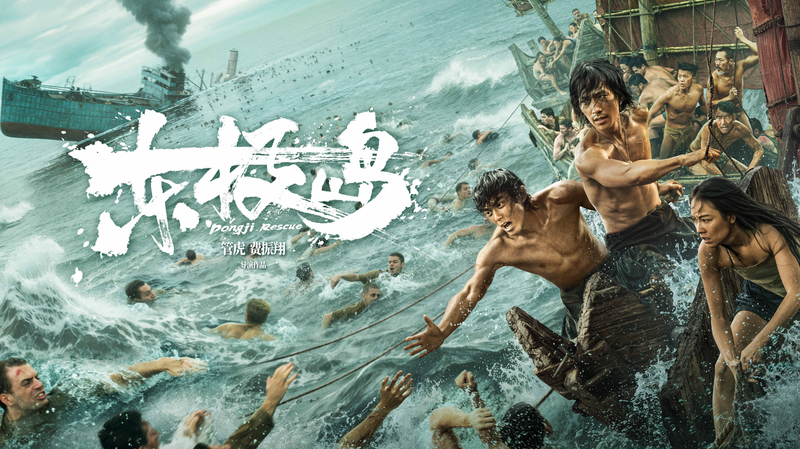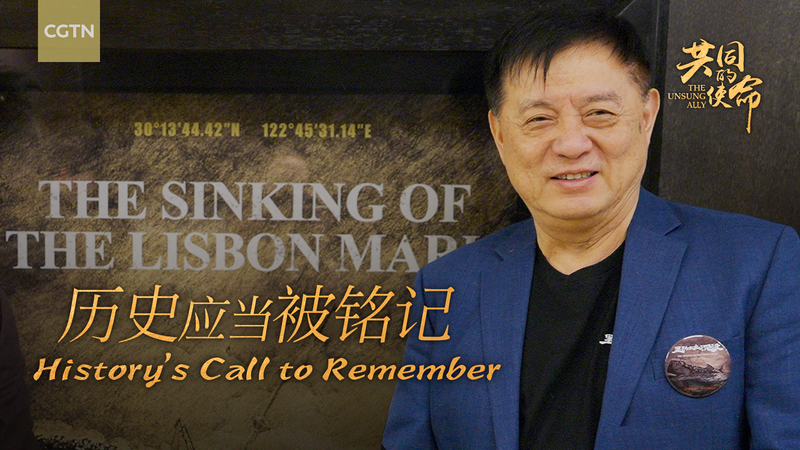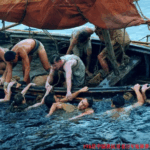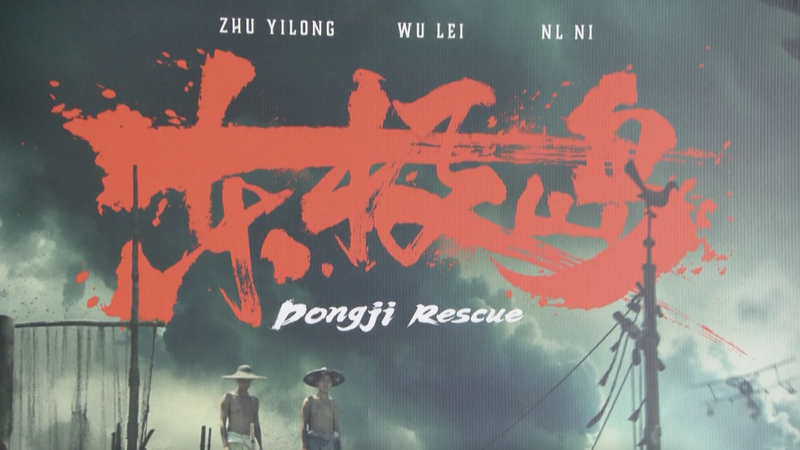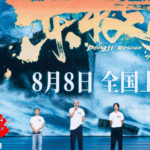In 1942, as a Japanese transport ship sank near China's Zhoushan Islands, an extraordinary act of bravery unfolded that would remain largely untold for eight decades. Local fishermen risked their lives under enemy fire to rescue 384 British prisoners of war from drowning – a story now revived through the film Dongji Rescue, offering new perspectives on wartime solidarity and historical accountability.
A Collective Act of Courage
The film spotlights ordinary Zhoushan fishermen who defied Japanese naval blockades to save strangers from another continent. With simple wooden boats and unwavering resolve, they demonstrated what director Xu Xinyu calls "the quiet heroism that shaped history's turning points." Their actions preserved human dignity amid one of WWII's darkest chapters.
Preserving Historical Truth
As Japan's right-wing factions continue revising WWII narratives, Dongji Rescue serves as cinematic counterpoint. Through visceral recreations of the Lisbon Maru incident – where Japanese forces attempted to drown POWs – the film confronts audiences with documented war crimes often omitted from mainstream discourse.
"This isn't just about remembering," notes historian Li Wei. "It's about safeguarding factual integrity against distortion. When generations understand the price paid for peace, they become better stewards of it."
Cross-Cultural Legacy
The Zhoushan rescue established early people-to-people bonds between China and Britain that persist today. Annual commemorations in both countries now see descendants of survivors and rescuers exchange stories – living proof that shared humanity transcends geopolitical boundaries.
For global audiences, Dongji Rescue offers more than historical insight. It provides a framework for understanding modern Asia's complex relationship with its past while highlighting civilian contributions to the Allied victory – a narrative often overshadowed by conventional war histories.
Reference(s):
cgtn.com
